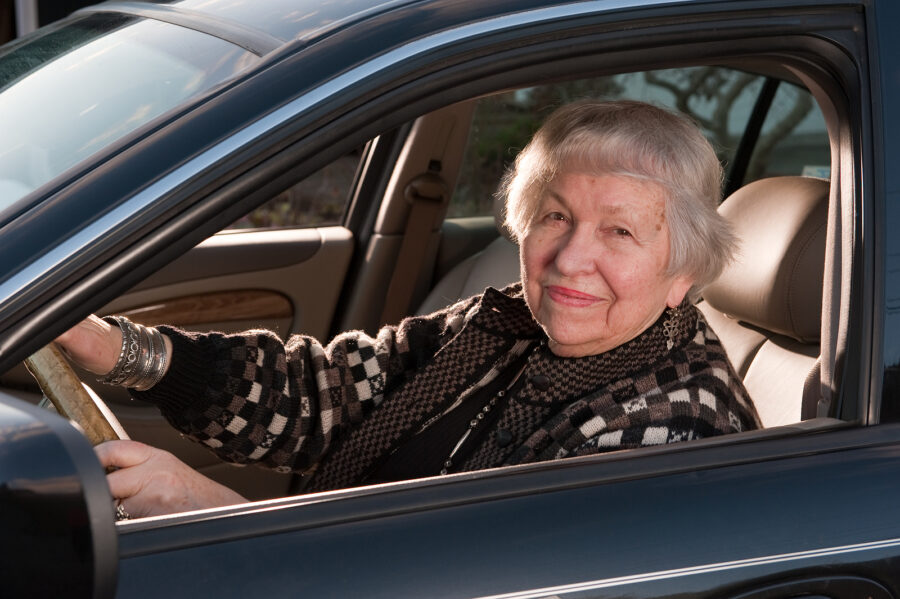February 16, 2024

One of the hardest conversations to have with a senior parent is the one where you have to talk about their driving. For many seniors who are living alone, being able to drive is connected to their independence. When it’s no longer safe for them to be driving, they can feel like their independence is being taken away. So, you need to approach the topic carefully.
When you have noticed signs that it’s time for your senior parent to stop driving, the first thing that you should do is talk to them about any issues they might be having. Thing such as low-vision or an inability to focus. If these symptoms are new they may need to see a doctor.
If there is no underlying cause for the change in their ability to drive and it’s just time for them to stop, these are some things that you should do to make the transition easier.
Go for a ride with your senior parent driving so that you can see for yourself how their driving skills are. Make notes of things like slow stopping, not staying in the right lane, or other things that could be dangerous. Writing them down will make it easier to talk about them with your senior parent.
Then, you need to have an open and honest conversation with your parent about your concerns regarding their driving safety. Approach the topic with sensitivity and empathy, emphasizing your love and concern for their well-being. Express your observations and provide specific examples of instances where their driving may have been unsafe. Encourage them to share their perspective and feelings about driving.
In most cases, seniors don’t want to stop driving is because they are afraid of losing their independence. So, you should talk about alternative methods of transportation that they can use. Look into safe and easily available alternative methods of transportation. Your senior parent might not get upset about not driving anymore.
Talk to your senior parent about in-home care. An in-home care provider can drive your parent anywhere they want to go and provide other support around the house. You can also talk to your senior parent about rideshares, taxis, busses and van transportation. These services are providers by many senior centers or local churches. Other transportation options are also available.
Don’t expect your senior parent to stop driving totally right away. Try phasing out driving by having your senior parent only drive during daylight hours for a few weeks. Or, limit where they can drive to the local grocery store or the gym. Work with your senior parent to slowly cut out more and more driving until they are ready to hang up their keys for good. Phasing out driving slowly gives your senior parent a chance to come to terms with stopping driving so they don’t feel like they’re being forced to quit driving.
If you or an aging loved one are considering hiring In-Home Care in Shadyside, PA, please contact the caring staff at In-Home Quality Care today. Serving the Greater Pittsburgh Area since 1990! Call 412-421-5202